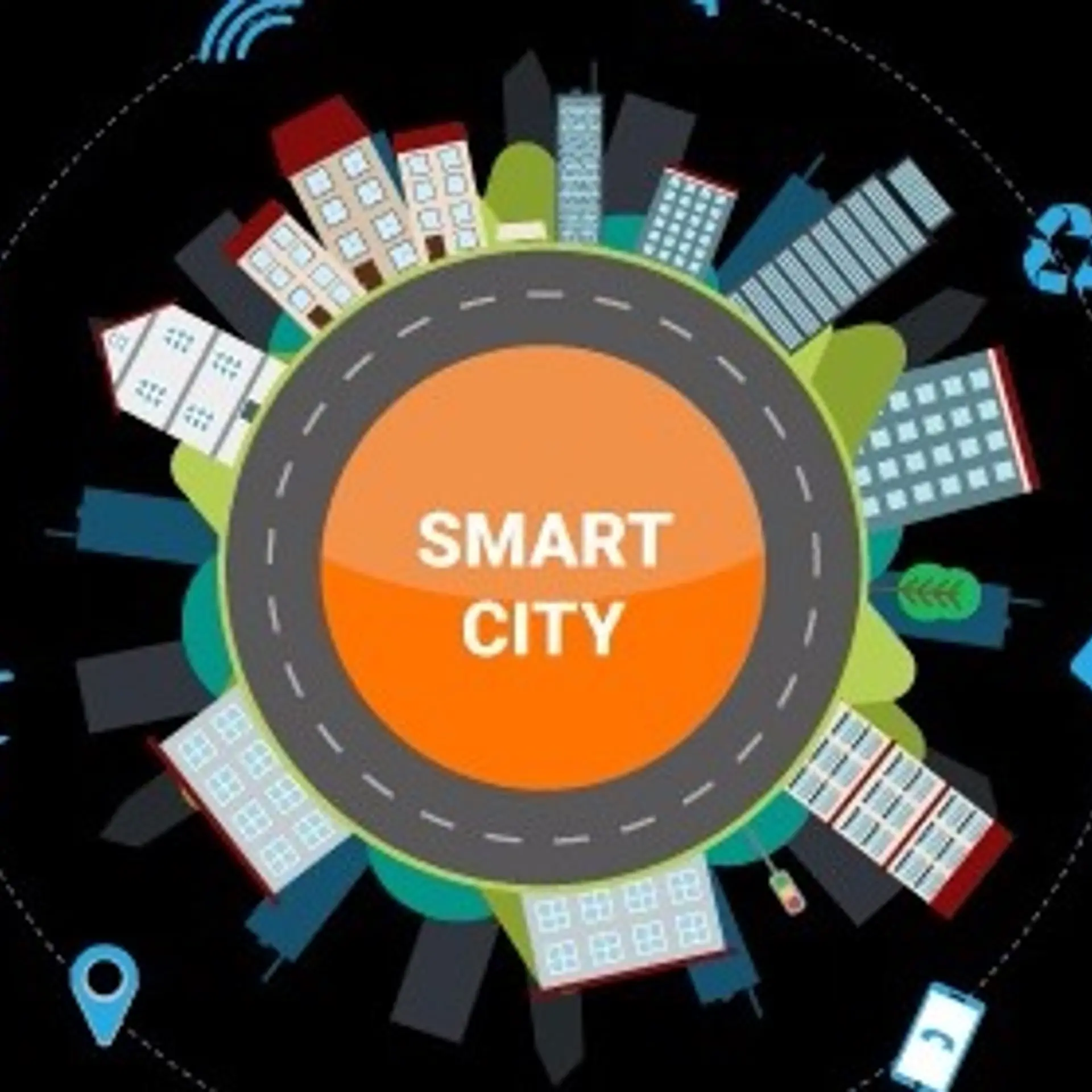

Advantages of Chatbot platforms
What's at stake for businesses opting for Chatbot platforms
Intelligence is the ability to change. That’s what one of the most intelligent human beings ever lived, Albert Einstein, said. Even though the context of his description was different, it holds true for modern businesses. Take a look at the rate at which technological transformation is happening across industries. It is only logical to conclude that the traditional business structures and processes are bound to change so that organizations could cope with this dizzying pace of change.

This, without doubt, will get reflected on how technology is being delivered to businesses. Platform as a service model (paas), which has already made its presence felt, will become the choicest solution for businesses that are looking forward towards software deployment.
The trend is already visible in the chatbot market. The number of chatbot platforms that are being launched reinstate that businesses have already figured out the potential that the paas model offers. While flexibility remains the single biggest drivers, there are other advantages that make chatbot platforms indispensable.
Nimble
The need for modern businesses to be flexible can’t be stressed more. Changes are now happening at the rate of knots. In order to address these fast-paced changes, organizations are embracing flat structures, which would facilitate faster decision making by shortening the command chain. Chatbot platforms, by keeping the turnaround time to a bare minimum, help businesses to address uncertainties of a volatile digital market.
Innovative
Often what happens with in-house/third party chatbot development is that after a point the entire process becomes saturated. Organizations fail to incorporate the latest technology despite having an in-house R&D team to keep a tab on the latest developments. One possible reason might be the lack of resources. The obvious result of this fizzle out is the ever-widening customer expectation gap. Chatbot platforms offer organizations the best technology and the latest updates in a cost-effective manner so that the skill requirements are always kept to a minimum.
Dynamic
Many organizations develop a chatbot with one particular channel in mind. And later when they want to switch or scale to a new platform the entire process has to be repeated, which is time-consuming. Some chatbot platforms, however, offer it, users, omnichannel bot deployment capabilities which means that chatbots could be integrated into various channels in no time, while automatically taking care of all the channel specific requirements.
A chatbot is a very generic term. Depending on the problems they solve, there many varieties of enterprise chatbot including support, skilled and assistants. It could either be customer-facing or agent-facing. Each type requires different levels of domain knowledge, contextual awareness and understanding. A chatbot platform is incredibly versatile that it allows users to use the conversational AI technologies to address both industry requirements and also their specific business problems.
Smart
Learning is a key aspect of any AI-system. One of the most important criteria that you should use to judge the merit of any chatbot platform is how easy is it to train the bot. Does the learning happen by itself? Or is it a facilitated process. Generally, in chatbot platforms, it is a combination of different types of machine learning techniques including Supervised Learning, Semi-supervised Learning, Unsupervised Learning and Reinforcement Learning, that powers the intelligence. Varying levels of human intervention is necessary for each type. And while selecting a platform, the number of manhours you need to invest in training for achieving the desired levels of accuracy should be a prime consideration.
Cost-effective
Generally, what prevents businesses from deploying a chatbot is the huge initial investment. But platforms, with their flexible pricing, offers a tremendous opportunity, especially for small and medium enterprises, to take advantage of a technology that’s growing. The payment option could range from License Fee to Pay-Per-Performance. Organizations could choose a model that would best address their goals.
Chatbot platform is a generic term. It would either mean a chatbot framework like Microsoft Bot Framework that would require coding or a DIY platform like Amazon Lex. The advantages that we have discussed may greatly vary depending on the type of chatbot platform that you choose. However, quick turnaround time is an advantage that is ubiquitous to all platforms. That alone is sufficient enough to make platform an intelligent choice for businesses. After all, intelligence is nothing but your ability to understand and adapt to change.




![Top 10 Cheap Indian Press Release Distribution Services [Updated]](https://images.yourstory.com/cs/1/b3c72b9bab5e11e88691f70342131e20/LOGO-DESIGN-PR-INDIA-WIRE-03-1595693999405.png?mode=crop&crop=faces&ar=1%3A1&format=auto&w=1920&q=75)
